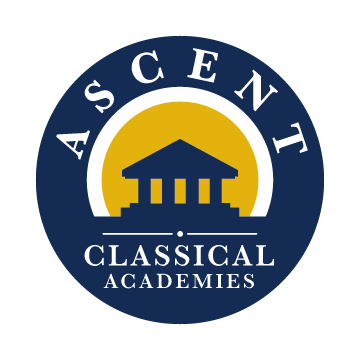For much of history, a classical education was considered the standard for a well-formed mind. It was the education of statesmen, scientists, and writers. It taught students to read deeply, think clearly, and speak with purpose. But at some point, this kind of education became rare – first limited to private schools, and then misunderstood as something only for the privileged.
That shift didn’t happen because classical education stopped working. It happened because our educational priorities changed. As factory-style models of schooling took hold in the 20th century, and standardized testing began to dominate the landscape, the classical tradition – rich in literature, philosophy, and language – was increasingly replaced by a more utilitarian approach.
Today, that gap still exists. Students from affluent families often have access to private classical schools, where they learn Latin, study the great books, and are trained to think critically. Students from lower- or middle-income families often don’t.
Classical charter schools are working to change that.
Restoring an Inheritance That Belongs to Everyone
Classical education was never meant to be exclusive. It is rooted in the idea that truth, beauty, and goodness are human things – not elite things. Every child, regardless of background, deserves to encounter great literature, to study logic and virtue, to understand the sweep of history and the foundations of science and math – not just to pass a test, but to grow in wisdom and character.
By offering classical education through public charter schools, we are returning to the idea that a meaningful education should not depend on your zip code or your income. We are giving students from all walks of life access to something once reserved for the few.
And that improves the educational landscape for everyone. When the best ideas, books, and intellectual traditions are no longer gated behind private tuition, we begin to level the playing field – not by lowering standards, but by raising access.
Why It’s Good for Every Child
Classical education works not because it’s old, but because it speaks to something timeless. Children are naturally curious. They ask big questions. They want to know what is true, what is fair, what is beautiful. A classical education nurtures that curiosity instead of replacing it with checklist learning. It treats students not just as test-takers, but as thinkers and future citizens.
And while the approach is rigorous, it is not reserved for a certain kind of student. In our schools, we see students from every background rise to the challenge – sometimes precisely because they have never been challenged in this way before. It is often the students who were underestimated in other settings who thrive here.
The result is not just academic achievement, but personal transformation.
Not Elitist – Essential
To call classical education elitist today is to forget that it was once the foundation of public education in America – and that it still can be.
By offering this kind of education to every child who wants it, we aren’t creating an elite. We’re doing something much more radical: we are restoring a common good. We are ensuring that all children – not just a select few – have the chance to be fully educated in mind and character.
And that is not elitist. That is just.
